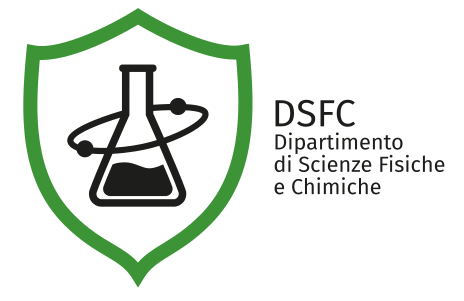
PhD in
Physical and Chemical Sciences
Following the establishment of the Department of Physical and Chemical Sciences, the PhD course was reorganised to consider the scientific themes it encompasses. The overriding aim of the PhD course is to lead young scholars towards professional training aimed at the development (research) and promotion (teaching) of scientific culture in the fields of Physics, Chemistry and Earth Sciences. Although the cultural subjects offered - experimental, theoretical and computational - substantially reflect the primary departmental cultural areas of Physics, Chemistry and Earth Sciences, particular attention is beginning to be paid to applied research through interaction - Industrial PhD, PON, PNRR - with regional and national entrepreneurial realities. Therefore, the disciplinary offer of the PhD course, which is in itself broad in quantitative and qualitative terms, lends itself to a natural multi and interdisciplinarity that - still in part - is expressed primarily in specific culturally related fields such as Experimental Physics of Matter, Synthesis Chemistry, Catalysis, Analytical Chemistry, Atmospheric Physics, Theoretical Matter Physics and Physical and Computational Chemistry. In this sense, the involvement of stakeholders represented by the various departmental cultural areas and by possible companies currently present in a germinal state in the PhD course is an essential point to be supported and improved.
The overall objective is the training of PhDs with a high scientific profile who can critically and independently develop predominantly basic but also applied research activities and pass on scientific knowledge at any level. All PhDs in Physical and Chemical Sciences not only acquire a high level of expertise in their field - and in some cases in related fields - but also develop strong IT and language skills (thanks to the intensive seminar and conference activities required) and the ability to write scientific articles. These characteristics, combined with the already mentioned multi and interdisciplinarity and involvement of entrepreneurial realities, make the PhD course relatively consistent with the objectives and missions of the PNRR in particular: digitalisation, innovation, culture, and ecological transition.

